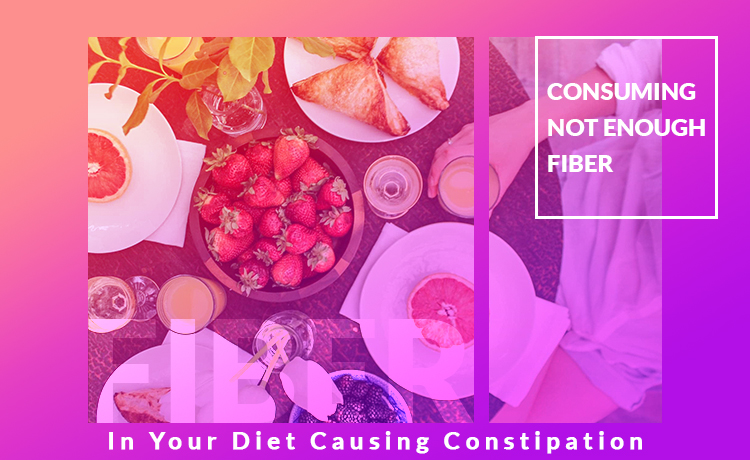While constipation can cause a myriad of symptoms–we remember the bloat, and discomfort around our stomach region. Even in severe cases, mucosal tears to the lining of the gut, at its core, constipation is simply a problem of movement. After the intestines absorb part of the food we eat for the body’s use, the rest is sent the way of the waste disposal unit- that is, the rectum empties it via the anus. The critical thing to bear in mind is that throughout all this, from ingestion to defecation, food is continually moving, pushed on by a propulsive movement of the gut called peristalsis. Proper food training with a healthy balanced diet is essential to maintain gut health and function.
Food Not Moving Quickly Lead To Constipation
But what happens when food moves too slowly? Constipation occurs with its many unpleasant effects. There are many reasons why food may move too slow: the nerves innervating the intestine may not be functioning correctly, a part of the gut might be blocked, it could be due to hormonal issues. But the reason could be and is in many cases, something more straightforward than that. It could be hiding in your food. Or more aptly, missing from your food. The reason for you feeling constipated may be due to your diet lacking in fibers.
Inadequacy Of Fibers In The Diet Cause Constipation
Fibers do not seem all that important at first sight, and it may be difficult to believe that they are essential for proper gut motion. You may even raise a brow when you are told to add fibers to your diet to help solve your constipation. You tend to wonder, “fibers?” instead of some wonder drug. However incredulous it seems, the insufficiency of dietary fibers is a primary reason for constipation. Fibers have no nutritional value as they can not be absorbed by the body. That should ordinarily rule it out of contention for a place in your nutritious servings. Yet, paradoxically, it is for this special quality that they become more critical in your meals, especially if you’re a woman. Fibers are divided into two kinds: soluble fibers and insoluble fibers. Each in their way plays a vital role in the digestive process, but insoluble fibers are more important for preventing constipation.
Insoluble Fibers Help Push Food Faster
Insoluble fibers (also known as roughages) consisting of wheat, cereals, and the skin of many vegetables and fruits will help to bulk up the food in your guts. When food is bulkier, it stimulates peristalsis better, so the gut’s propulsive movement to push food along is stronger and more frequent. Therefore, enabling smooth movement of food within your guts. Insoluble fibers also retain water in the stool, making it softer and more comfortable to pass. Inadequacy of insoluble fibers in the body can result in the movement of food slowing down and thereby causing constipation.
Conclusion
Many of us are simply not putting enough fiber in our meals. Yet, as I have explained, an inadequacy of fiber in the diet is a leading cause of constipation, a prevalent digestive issue. It is not tough to draw a link between the widespread dietary fiber deficiency and the general levels of constipation. However, I would recommend paying more attention to our dietary fiber intake because, in turn, that is paying attention to our gut health.
So what can we do about constipation? I found a cool solution that comes in handy. I’ll tell you all about it in the next article.








